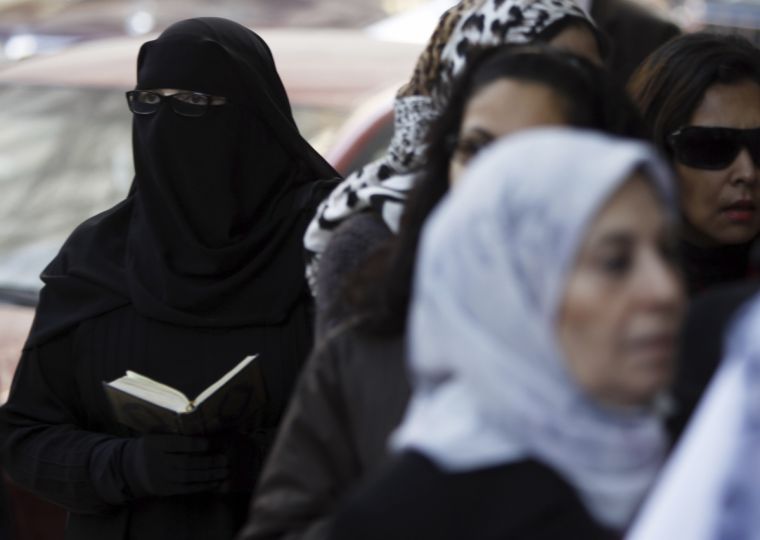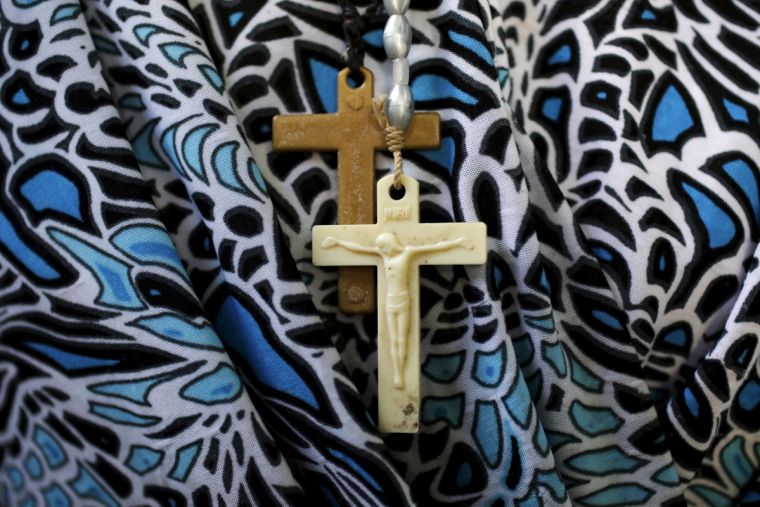Workers can be banned from wearing any religious symbol, top EU court rules
Workers can be banned from the 'visible wearing of any political, philosophical or religious sign' including Islamic headscarves, Europe's top court has ruled.
In the European Court of Justice's (ECJ) first ruling on headscarves, the judges found the dictat must be based on a general company rule to 'dress neutrally' not on religious stereotypes or prejudices.

The decision was prompted by the case of a receptionist fired by the security company G4S in Belgium for wearing a hijab.
The high profile ruling affects all religious symbols at work, not just Islamic headscarves. It means a company's desire to maintain a neutral image on overrides an individual's desire to wear a religious symbol.
She claimed she was being discriminated against but the top court ruled the company was simply enforcing its policy preventing employees 'from wearing any visible signs of their political, philosophical or religious beliefs and/or from engaging in any observance of such beliefs'.
It said: 'The court of justice finds that G4S's internal rule refers to the wearing of visible signs of political, philosophical or religious beliefs and therefore covers any manifestation of such beliefs without distinction.
'The rule thus treats all employees to the undertaking in the same way, notably by requiring them, generally and without any differentiation, to dress neutrally.'

A court statement read: 'An internal rule of an undertaking which prohibits the visible wearing of any political, philosophical or religious sign does not constitute direct discrimination," the court said in a statement.
'However, in the absence of such a rule, the willingness of an employer to take account of the wishes of a customer no longer to have the employer's services provided by a worker wearing an Islamic headscarf cannot be considered an occupational requirement that could rule out discrimination.'











